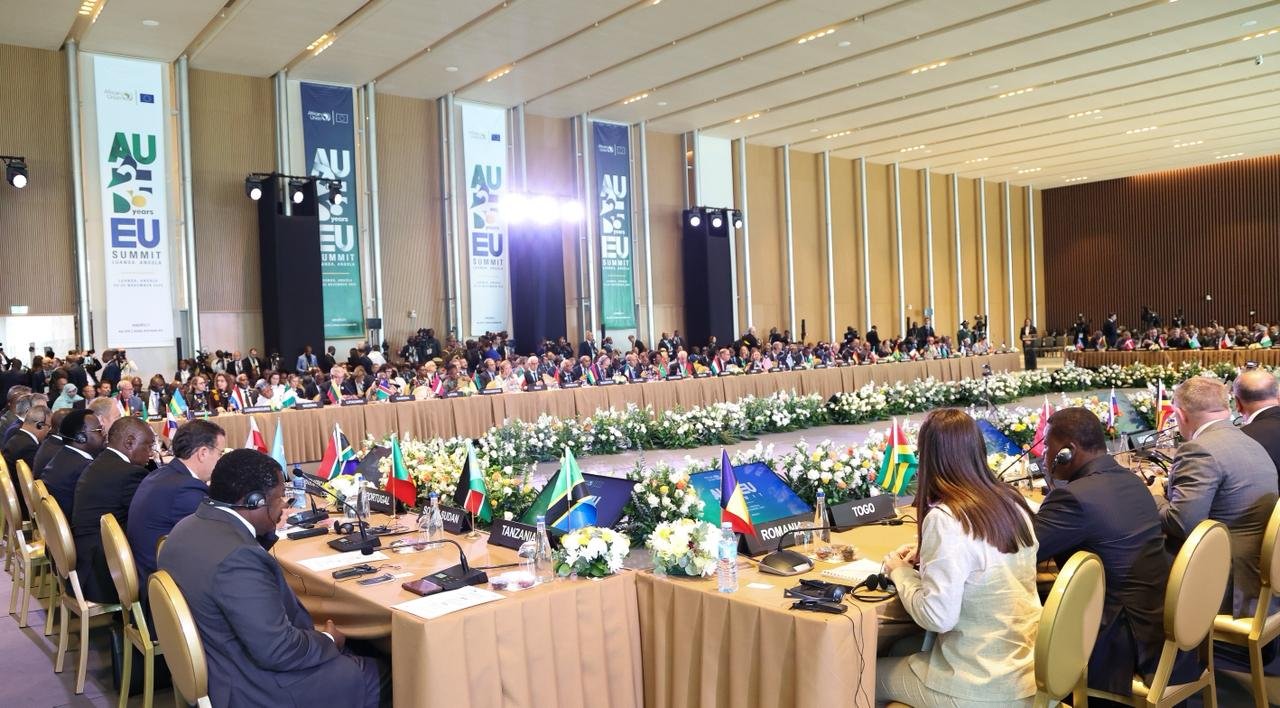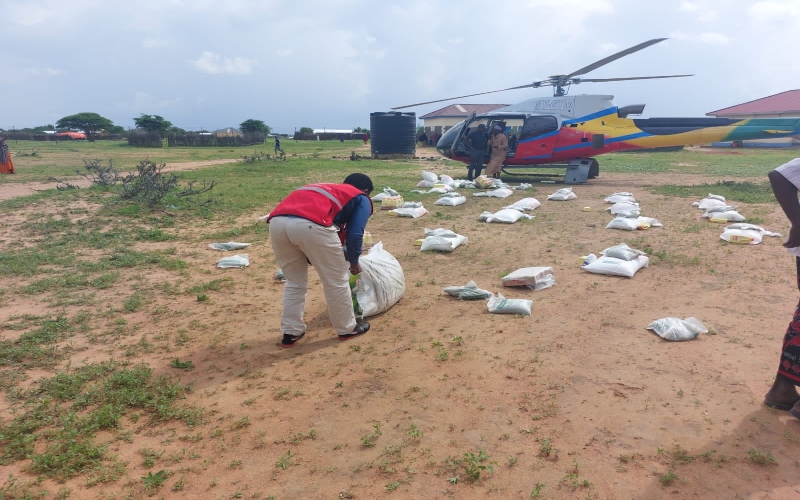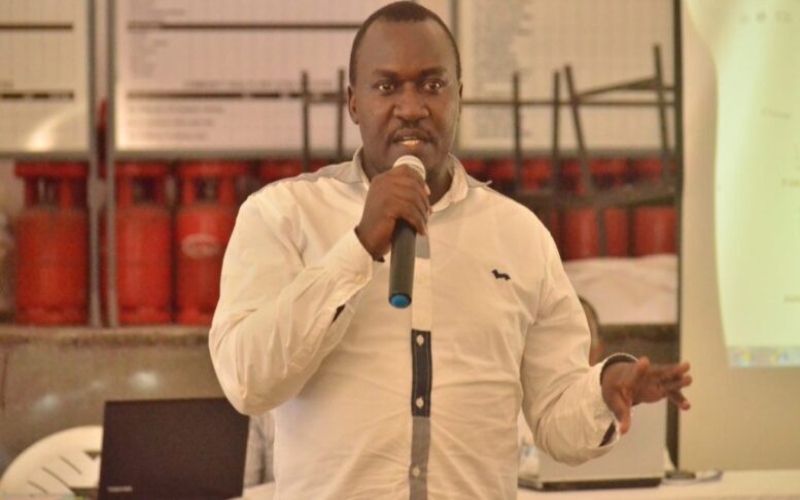Luanda Summit: Europe reinforces ties with Africa as competition intensifies

Africa remains Europe's fourth-largest trading partner, and EU officials were keen to highlight the depth of commercial ties.
The African Union and European Union concluded their summit in Luanda on Tuesday by marking 25 years of partnership, even as Europe seeks to hold on to its long-standing role as Africa's primary economic and political ally amid stiff competition from China and the United States.
Africa remains Europe's fourth-largest trading partner, and EU officials were keen to highlight the depth of commercial ties.
More To Read
- EU launches Sh530 million airlift to deliver life-saving aid to Darfur amid deepening Sudan crisis
- Africa’s coup crisis: Why eight countries are under military rule and what’s next
- ECOWAS endorses John Mahama as West Africa’s candidate for AU chair in 2027
- AU warns of rising violence in DR Congo and Great Lakes region amid M23 advance
- The growing threat of unconstitutional power in Africa: AU’s mixed response under fire
- African Union condemns failed Benin coup, demands immediate return to constitutional order
Brussels has already secured a series of trade agreements with African states, Kenya among the most recent, and continues to push for deeper market integration.
To keep its edge, Europe is leaning heavily on the Global Gateway, its multibillion-euro initiative designed as a counterweight to China's Belt and Road Initiative.
The EU committed to scaling up investments in clean-energy corridors, digital infrastructure, and critical connectivity projects, arguing that its model offers transparency and long-term sustainability in contrast to Beijing's debt-fuelled infrastructure diplomacy.
But the Luanda summit was not simply about Europe's priorities. African leaders used the platform to extract explicit recognition of their long-standing demands for changes in global governance.
The final declaration stresses support for "a more equitable and representative international system" — diplomatic language that reflects Africa's push for reform of the UN Security Council, global financial institutions, and climate-finance mechanisms.
The communiqué also commits both blocs to "strengthen cooperation on multilateral reform and inclusive global decision-making", echoing Africa's insistence that its 1.4 billion people cannot remain peripheral in institutions designed in the mid-20th century.
The tone in Luanda was cooperative, but the subtext was unmistakably strategic: Europe is working to maintain influence on a continent where China builds the highways, the United States courts the security partnerships, and Russia exploits political openings.
For now, both Africa and Europe appear intent on keeping the relationship alive. But the contest over who shapes Africa's economic future is only just beginning.
Top Stories Today













































